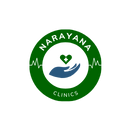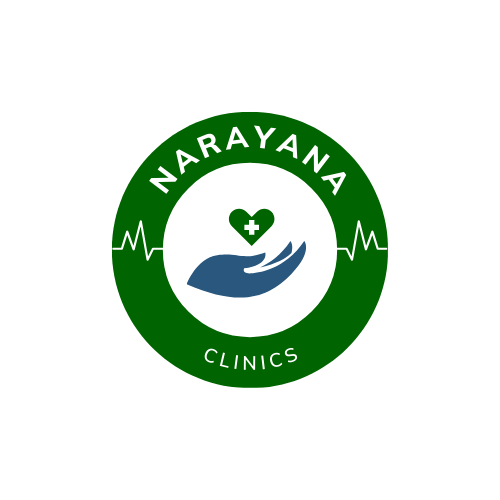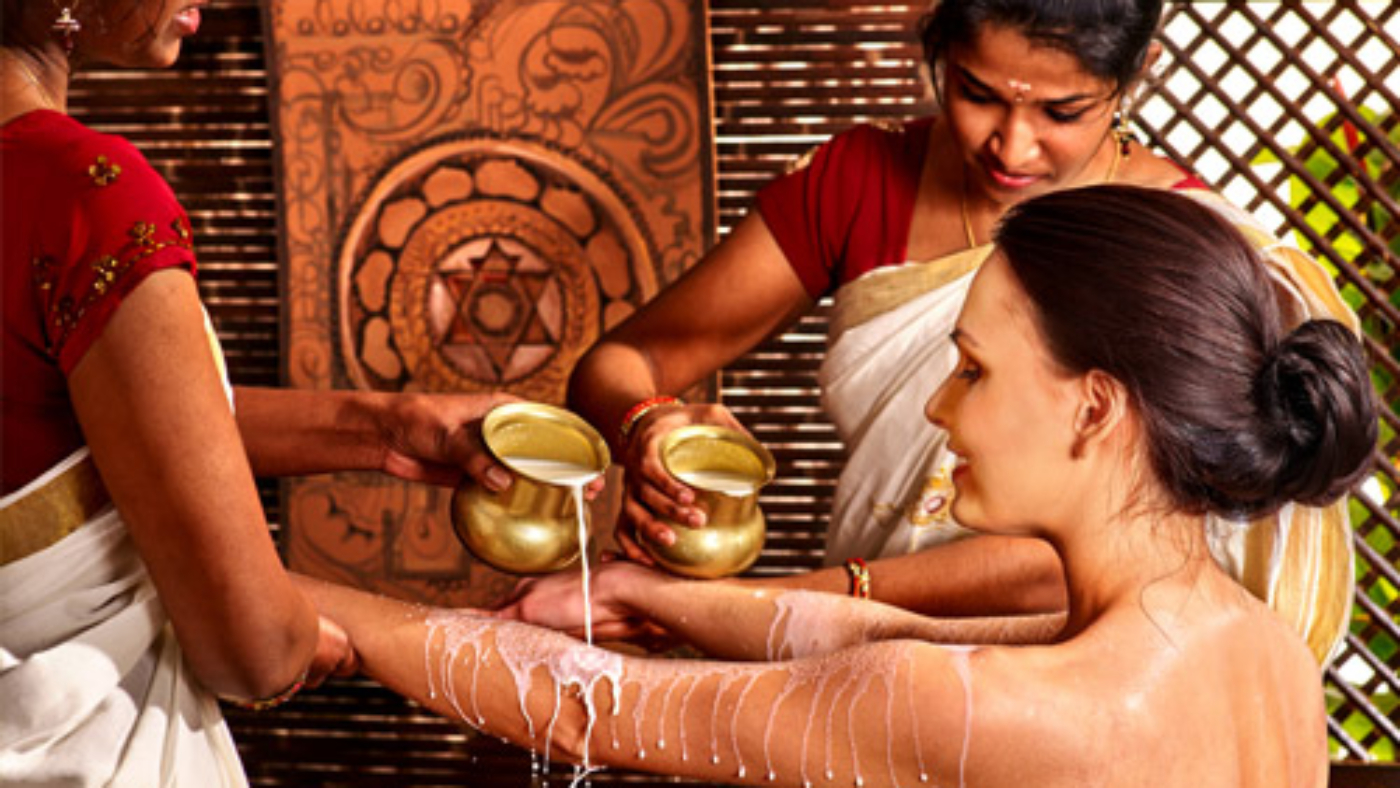In today’s fast-paced world, where stress, pollution, and unhealthy lifestyles take a toll on our physical and mental health, holistic therapies are gaining prominence. One such time-tested healing system is Panchakarma, an integral part of Ayurveda that focuses on detoxification, rejuvenation, and restoring balance to the body and mind. Let’s delve into what Panchakarma is, its benefits, and how it compares with naturopathy treatments for overall well-being.
What is Panchakarma?
Panchakarma, derived from the Sanskrit words “Pancha” (five) and “Karma” (actions or procedures), is a five-step Ayurvedic purification and detoxification process. It aims to eliminate toxins (ama) from the body, balance the three doshas (Vata, Pitta, and Kapha), and restore harmony between the body, mind, and spirit.
The procedures are customized based on an individual’s prakriti (body constitution) and the specific imbalances they are experiencing. This ancient treatment is particularly effective for preventing diseases, managing chronic illnesses, and rejuvenating the body at a cellular level.
The Five Essential Steps of Panchakarma
- Vamana (Therapeutic Emesis)
Vamana involves controlled vomiting to expel excess Kapha (mucus) from the respiratory and digestive systems. It is often recommended for those suffering from respiratory issues, asthma, chronic colds, or sinusitis. This treatment helps cleanse the upper GI tract and lungs. - Virechana (Purgation Therapy)
Virechana aims to remove Pitta-related toxins by inducing purgation (laxation). It is used to treat skin diseases, digestive disorders, and inflammatory conditions. By eliminating toxins from the small intestines, liver, and gallbladder, Virechana helps balance metabolism and improve digestion. - Basti (Enema Therapy)
Basti is considered one of the most important Panchakarma therapies, especially for balancing Vata dosha. It involves the administration of medicated oils or herbal decoctions through the rectum, helping to cleanse the colon and promote healthy elimination. Basti is effective for managing constipation, arthritis, neurological disorders, and lower back pain. - Nasya (Nasal Therapy)
Nasya involves the administration of medicated oils or powders through the nasal passages to cleanse and lubricate the sinuses and head region. It is beneficial for treating headaches, migraines, sinusitis, and mental fog, and promotes clarity of the mind. - Raktamokshana (Bloodletting Therapy)
Raktamokshana involves controlled bloodletting to remove impurities from the bloodstream. It is recommended for conditions like acne, eczema, psoriasis, and hypertension. This therapy helps to purify the blood and reduce inflammation in the body.
Benefits of Panchakarma
- Complete Detoxification
Panchakarma helps remove deep-seated toxins from the body, promoting better organ function and overall health. It cleanses the digestive system, lymphatic system, and circulatory system, reducing the toxic load on the body. - Restores Dosha Balance
By eliminating excess doshas and toxins, Panchakarma restores the body’s natural balance, which is essential for good health. It prevents the onset of chronic diseases caused by imbalanced doshas and toxins. - Boosts Immunity and Longevity
Panchakarma strengthens the immune system by rejuvenating the body’s tissues and boosting vitality. It also promotes longevity by improving digestion, metabolism, and mental clarity. - Mental Clarity and Emotional Healing
This therapy isn’t just for the body; it also benefits the mind. By removing toxins and improving the function of the nervous system, Panchakarma promotes mental clarity, reduces anxiety, and enhances emotional resilience. - Anti-Aging and Rejuvenation
Panchakarma therapies are known for their anti-aging benefits. The detoxification process helps the body heal and regenerate, leaving individuals feeling younger and more energized.
Panchakarma in Comparison to Naturopathy
While both Ayurveda and Naturopathy emphasize natural healing and detoxification, their approaches differ significantly. Let’s compare Panchakarma with the general practices of Naturopathy:
- Philosophical Approach:
Panchakarma is rooted in the principles of Ayurveda, focusing on balancing the doshas (Vata, Pitta, and Kapha). Naturopathy, on the other hand, is more holistic and believes in the body’s inherent ability to heal itself through lifestyle changes, diet, and therapies like hydrotherapy, fasting, and yoga. - Detoxification Process:
Panchakarma involves specific procedures like Vamana, Virechana, and Basti to expel toxins from different parts of the body. In Naturopathy, detoxification is more generalized and can include methods such as juice fasting, water therapy, and colon cleansing. - Personalization:
Panchakarma treatments are highly personalized, based on an individual’s body constitution and dosha imbalances. Naturopathy, while customized to some extent, often offers a broader approach that may not be as specific as Ayurveda. - Use of Herbal Medicines:
Panchakarma treatments incorporate the use of herbal oils, decoctions, and powders that are chosen based on the patient’s condition. Naturopathy emphasizes the use of a natural, whole-food diet and lifestyle practices, often avoiding any kind of pharmacological intervention.
Is Panchakarma Right for You?
If you’re feeling sluggish, stressed, or experiencing digestive or respiratory issues, Panchakarma might be the ideal solution for you. Whether you’re dealing with chronic illness or simply want to maintain health and vitality, this Ayurvedic detox therapy can provide a complete reset for your body and mind.
However, Panchakarma should only be done under the guidance of a qualified Ayurvedic practitioner. They will assess your prakriti, current health conditions, and lifestyle before recommending a personalized Panchakarma regimen.
Conclusion
Panchakarma is a powerful and holistic detoxification therapy that has been practiced for thousands of years in Ayurveda. Its ability to eliminate toxins, balance doshas, and rejuvenate the body makes it one of the most sought-after therapies for physical, mental, and emotional well-being. Whether compared to naturopathy or other alternative healing systems, Panchakarma stands out for its personalized, comprehensive, and deeply transformative approach.



Leave A Comment